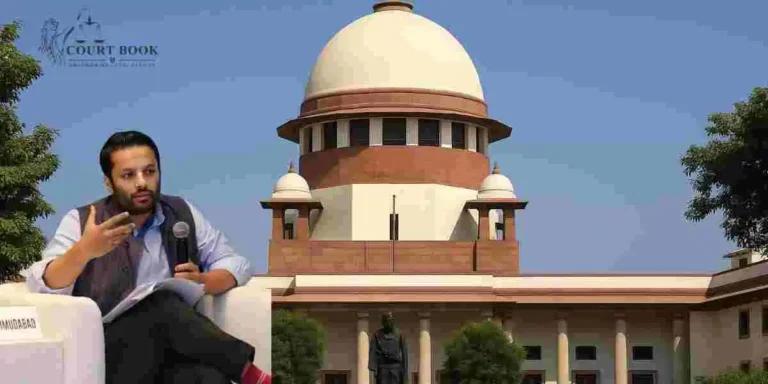The National Human Rights Commission (NHRC) has taken suo motu cognizance of the arrest and police custody of Professor Ali Khan Mahmudabad of Ashoka University by the Haryana Police. The arrest was linked to his social media post regarding "Operation Sindoor."
In an official press release issued on May 21, 2025, the NHRC stated:
"Prima facie, the human rights and liberty of the Professor have been violated."
Read also: Supreme Court Issues Notice on Plea Challenging ED’s Powers Under Section 50 & 63 of PMLA
The Commission has now issued a notice to the Director General of Police (DGP), Haryana, directing him to submit a detailed report within one week.
This move came shortly after the Supreme Court granted interim bail to Professor Mahmudabad. He had been in custody since May 18, following his arrest based on the contents of his social media post.
While granting bail, the Supreme Court refused to stay the investigation. Instead, it ordered the formation of a Special Investigation Team (SIT) within 24 hours. This SIT must:
- Be led by an IG-rank officer
- Include two SP-rank officers
- Ensure that one member is a woman officer
- Comprise officers not from Haryana or Delhi
The objective is to ensure an unbiased investigation and to understand the actual meaning behind the controversial social media post.
As part of the bail conditions, the Court directed that:
"Ali Khan Mahmudabad shall not write or post anything relating to the ongoing case or express opinions on terrorist attacks on Indian soil or India’s counter-response."
He has also been instructed to fully cooperate with the investigation and surrender his passport.
Earlier, on May 20, a local court in Sonepat, Haryana, had remanded Professor Mahmudabad to judicial custody, after rejecting the police's request for seven-day custody. Initially, he was in police custody for two days, starting from May 18.
Read also: Vikas Singh Re-Elected as SCBA President for 2025-26; SC Reserves Key Posts for Women
Professor Mahmudabad is facing charges under Sections 196, 152, and others of the Bharatiya Nyaya Sanhita (BNS). These relate to:
- Acts prejudicial to communal harmony
- Statements likely to incite disharmony
- Actions threatening national sovereignty
- Words or gestures insulting a woman's modesty
This case continues to raise significant questions about freedom of expression, due process, and the role of law enforcement in social media regulation.















